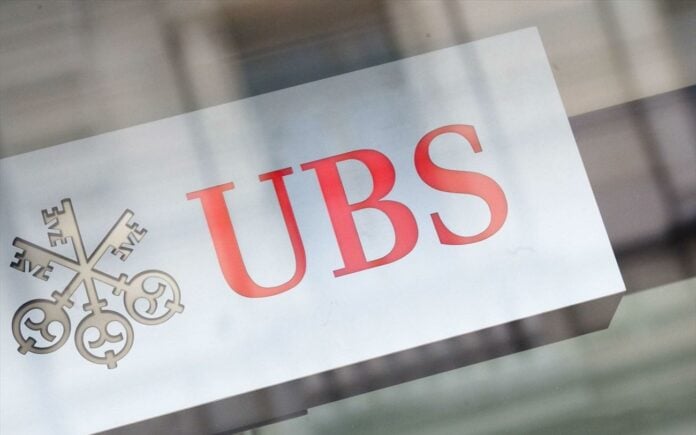The absorption of the Recovery Fund resources will remain the major support of the Greek economy in the next two years, according to UBS.
The Swiss investment bank remains quite optimistic about the course of the Greek economy, despite the climate of international uncertainty, while praising Athens for achieving high primary surpluses and significantly reducing its public debt.
In particular, in its report for the Europe, Middle East (EMEA) region, which coincided with the submission of the draft budget to Parliament, it estimates that the Greek economy will grow at an average rate of 2.6% in 2025-2026. For next year, it expects GDP growth of 2.8% (raising the estimate compared to the official estimate of the Greek government), while it “sees” a slowdown to 2.3% in 2026. For this year’s growth rate, UBS’s estimate stands at 2.5%.
As it explained in its report for the next two years, growth rates will be supported by EU resources with financing and loans of the Recovery Fund reaching 4% of GDP in 2025 and 4.6% in 2026 from 2.3% in 2024. Fixed investment is expected to increase by 8.5% in the next two years, compared to a growth rate of 5% in the two years 2023-2024. “Of the 10 billion euros in loans that Greece has received, only 5.4% (55%) have already been absorbed, which means that there is still considerable room for improvement. The total amount is expected to reach 12.4 billion euros. In addition, household consumption will benefit from further increase in employment and higher real income. For 2025, the GDP forecast is 80 basis points higher than the international consensus of analysts and for 2026 it is 30 basis points higher.”
Primary surplus and debt
Regarding the primary surplus, UBS considers it feasible to achieve the targets of 2.4% and 2.5% of GDP respectively in the next two years. These fiscal performances will allow the debt-to-GDP ratio to be reduced to 140% by 2026.
The positive fiscal performance is supported by tax revenues that exceed the target and efforts to curb tax evasion.















